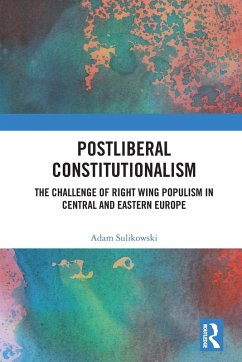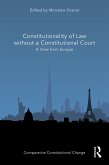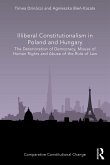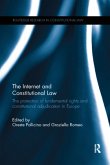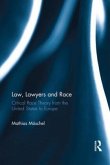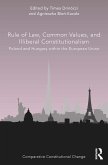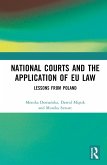This book addresses recent changes in Central and Eastern Europe in order to critically consider the impact of illiberal conservatism on constitutionalism.
Right-wing populism and the illiberal constitutionalism of Central and Eastern Europe have challenged both the dominant views of legal scholars and those elements of the legal mainstream that appeared to be firmly entrenched and resistant to change. But, as this book demonstrates, in practical terms, the anti-liberal right has made use of critical methods that were originally conceived as tools for use in emancipatory and left-wing action, absorbing and utilizing a great many of the ideas associated with critical jurisprudential thought. In short, this book maintains, conservative illiberalism has taken over the role that postmodernism could have played: the role of a 'jester discourse' relativizing the certainties and finality of liberal democracy. As the book argues, however, what this connection reveals is the necessity of a legal and political response that does not simply and hysterically reaffirm the former liberal hegemony. Rather, drawing on Foucault and post-Marxism, it articulates a concept of agonistic democracy that aims to shift the center of gravity in constitutional discourse away from any naive liberal faith in the nonpolitical.
This book will appeal to constitutional lawyers, as well as to legal and political theorists with interests in contemporary populism and liberal thought.
Right-wing populism and the illiberal constitutionalism of Central and Eastern Europe have challenged both the dominant views of legal scholars and those elements of the legal mainstream that appeared to be firmly entrenched and resistant to change. But, as this book demonstrates, in practical terms, the anti-liberal right has made use of critical methods that were originally conceived as tools for use in emancipatory and left-wing action, absorbing and utilizing a great many of the ideas associated with critical jurisprudential thought. In short, this book maintains, conservative illiberalism has taken over the role that postmodernism could have played: the role of a 'jester discourse' relativizing the certainties and finality of liberal democracy. As the book argues, however, what this connection reveals is the necessity of a legal and political response that does not simply and hysterically reaffirm the former liberal hegemony. Rather, drawing on Foucault and post-Marxism, it articulates a concept of agonistic democracy that aims to shift the center of gravity in constitutional discourse away from any naive liberal faith in the nonpolitical.
This book will appeal to constitutional lawyers, as well as to legal and political theorists with interests in contemporary populism and liberal thought.

